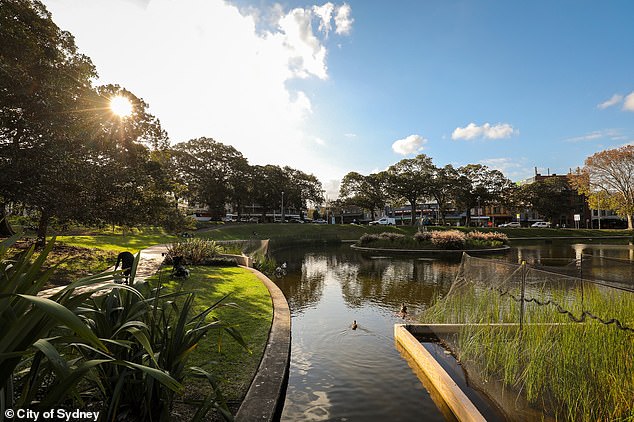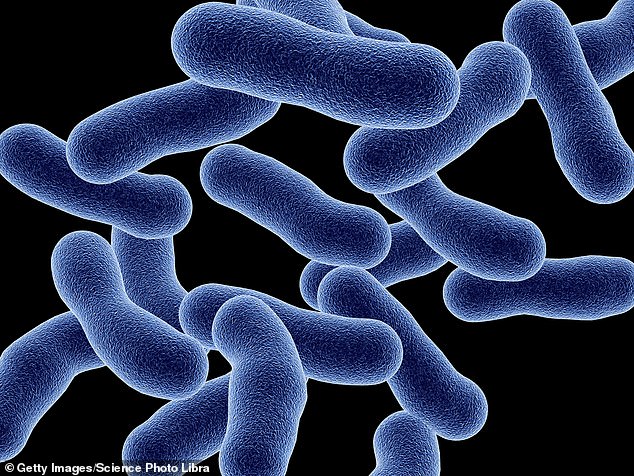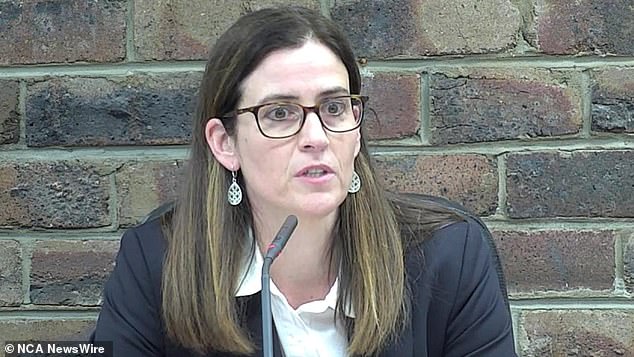<!–
<!–
<!– <!–
<!–
<!–
<!–
Three people have been hospitalized after contracting dangerous Legionnaires’ disease in Sydney, prompting a warning from health officials.
Anyone who has visited areas near Victoria Park in Camperdown in the last 10 days has been warned to be on high alert for symptoms of the deadly disease, which is a form of pneumonia.
Anyone who has visited areas near the park, including parts of the University of Sydney’s Camperdown campus, should watch out for symptoms such as cough, shortness of breath, fever and headache.
Two men, aged in their 60s, and a woman, aged in their 70s, were diagnosed with the disease after visiting locations around Victoria Park.

Anyone who has visited Victoria Park in Camperdown in the last 10 days is urged to watch out for symptoms.


Three people in Sydney were recently hospitalized with Legionnaires’ disease
NSW Health said all three people were admitted to hospital and have since been discharged.
Isabel Hess, assistant clinical director of public health for the Sydney Local Health District, said people could be exposed to the bacteria if contaminated water from a cooling system was released into the air and inhaled.
Legionnaires’ disease is not transmitted from person to person. “Symptoms of Legionnaires’ disease can develop up to 10 days after the time of exposure to contaminated water particles in the air and include fever, chills, cough and difficulty breathing and can lead to serious respiratory infections such as pneumonia,” said the Dr. Hess…
‘People who develop this disease are diagnosed by a urine or sputum test and a chest x-ray and often require antibiotic treatment in hospital.
“Those most at risk are people with underlying lung diseases or other serious conditions and people who smoke.”
NSW Health said they had ordered cooling towers across the area to be disinfected and cleaned as a precaution.
The department confirmed that a tower at the University of Sydney’s Camperdown campus had tested positive for low levels of legionella bacteria and had since been decontaminated.


Sydney Local Health District deputy clinical director of public health Isabel Hess issued a public warning on Thursday.
